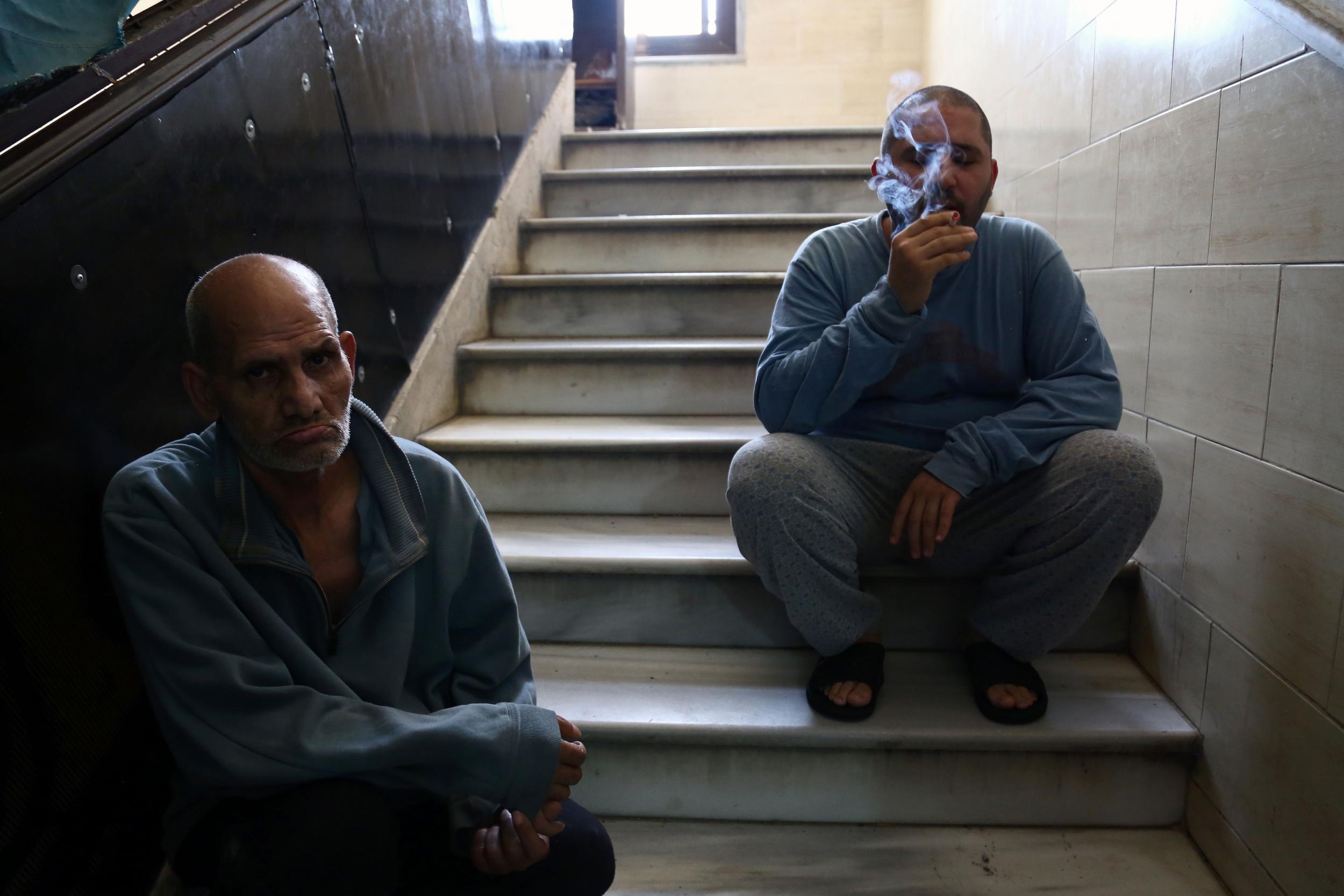Middle East: Ten times more people are dying from murder and suicide than in war
Mental health problems and intra-personal violence fuelled by traumatic effects of conflict creating ‘lost generation’, major study warns

Your support helps us to tell the story
From reproductive rights to climate change to Big Tech, The Independent is on the ground when the story is developing. Whether it's investigating the financials of Elon Musk's pro-Trump PAC or producing our latest documentary, 'The A Word', which shines a light on the American women fighting for reproductive rights, we know how important it is to parse out the facts from the messaging.
At such a critical moment in US history, we need reporters on the ground. Your donation allows us to keep sending journalists to speak to both sides of the story.
The Independent is trusted by Americans across the entire political spectrum. And unlike many other quality news outlets, we choose not to lock Americans out of our reporting and analysis with paywalls. We believe quality journalism should be available to everyone, paid for by those who can afford it.
Your support makes all the difference.The Middle East is one of the most conflict-riven areas on the planet - but murder and suicide are actually killing far more people in the region, a major new study has found.
Murder and suicide accounted for 1.4 million deaths across 22 countries in the eastern Mediterranean, including Afghanistan, Iran, Pakistan, Somalia, Syria and Yemen, recent research published by the International Journal of Public Health (IJPH) showed.
Across the 22 countries - which have a combined population of 600 million people - the violence of war was directly responsible for another 144,000 deaths over the same period, the study containing 15 papers and three editorials said.
The data showed a 100 per cent increase in suicides and 152 per cent increase in murders over the course of 25 years, compared to a respective rise of 19 per cent and 12 per cent in the rest of the world, the study’s lead author told the AFP - a knock-on effect of the psychological scars of war.
“Intractable and endemic violence is creating a lost generation of children and young adults,” said Ali Mokdad, director for Middle Eastern Initiatives at the Institute for Health Metrics and Evaluation (IHME) at the University of Washington.
“The future of the Middle East is grim unless we can find a way to bring stability to the region.”
The study also noted a sharp increase in mental health conditions such as depression, anxiety and bipolar disorders in the region, and a severe shortage in mental health professionals such as counsellors and psychiatrists.
In Yemen, which is suffering from a more than two-year-long war, famine and cholera outbreak and where medical infrastructure is on the brink of collapse, there are just 0.5 psychiatrists per 100,000 people, IJPH found.
The IJPH used data estimates from the most recent Global Burden of Diseases, Injuries, and Risk Factors study (GBD), which is published annually, and surveys health loss across 132 countries.
Join our commenting forum
Join thought-provoking conversations, follow other Independent readers and see their replies
Comments